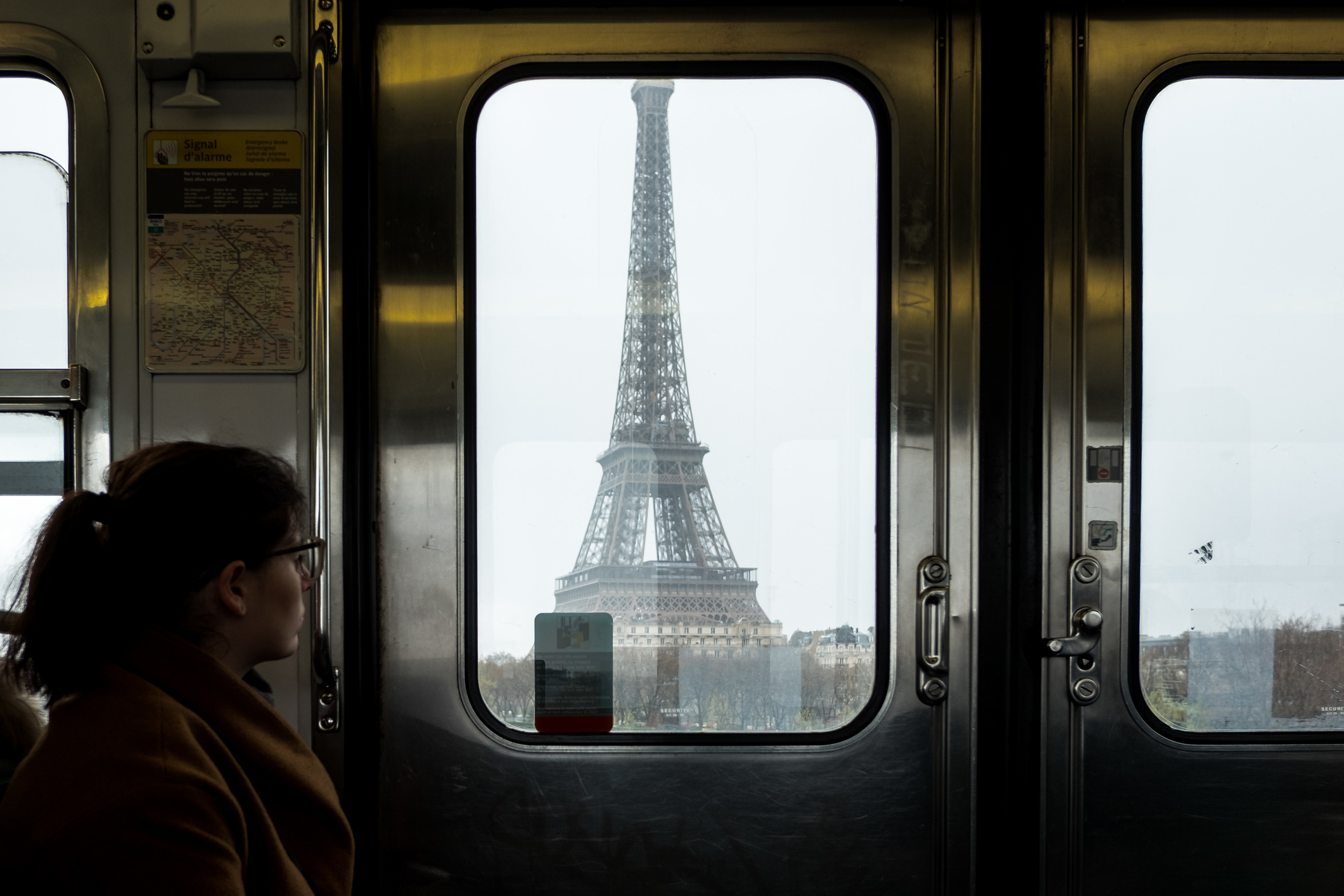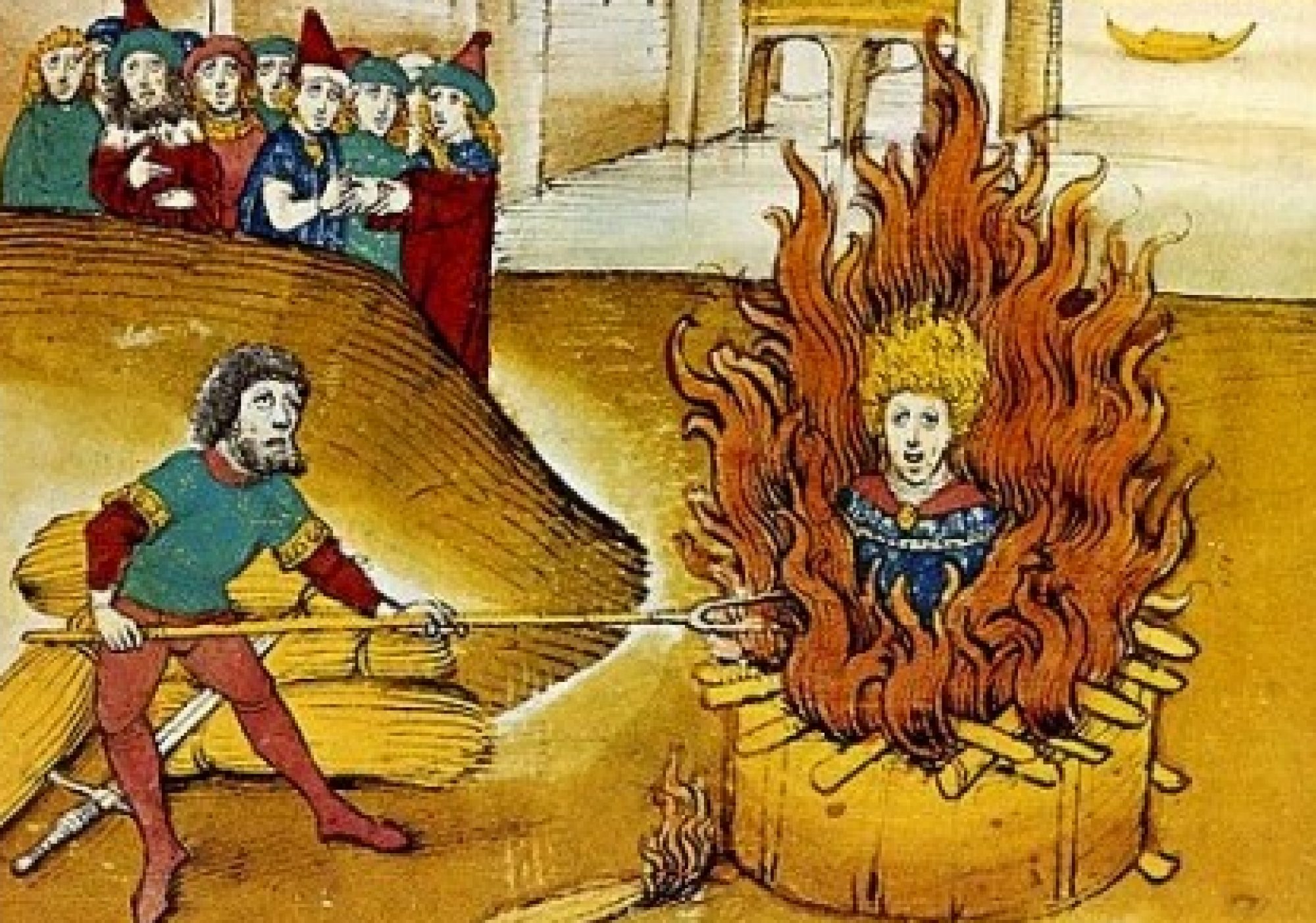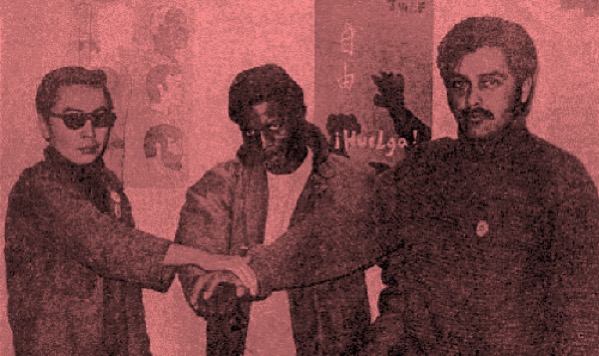Behind the rhetoric of equality and justice lies an ideology of inequality and scapegoating.
Where Wokeism is a Oui Bit Different

Social justice with a French accent
This article was adapted from a RealClearInvestigations article published December 28, 2021.
No European country has anything comparable to the history of American slavery, no decades of Jim Crow, no Ku Klux Klan, no lynchings or legal segregation of the sort that afflicted black America. So why has wokeism taken hold in some European countries – such as France, with its very different history from the United States?
Part of the answer seems to be the global appeal of a doctrine explaining complicated questions, holding the same attraction for French academics, students, and others as for their American counterparts. The appeal is especially strong for a younger generation dissatisfied with the more moderate views of traditional liberalism – or, in France, the traditional left, even if it was the same enlightened left that fought against colonialism and anti-Semitism, as well as for choice on abortion, equal access to education, and France’s extensive social safety net.
There’s also the matter of demographic change. Britain, Germany, and France have substantially increased their minority populations through high immigration and higher birth rates among non-whites. This has generated two conflicting reactions. One is the increased strength and appeal of right-wing anti-immigrant parties, in France represented most conspicuously by a former television personality, Eric Zemmour, who, to his detractors, looms as a French Donald Trump.
On the other side there’s a young new left, attuned to anti-immigrant (and especially anti-Muslim) prejudice, which, in its view, is roughly equivalent to anti-black prejudice in America.
“It’s an excessive reaction to a real problem,” Pierre Haski, a French journalist and radio commentator, said in an interview in Paris. “All of these issues, racism, etc., have been discussed for a long time, but the conversation has become brutal.”
One striking difference with the U.S., however, is that many of France’s most prominent public intellectuals have taken positions against the phenomenon, which may render it less potent than its American version. Still, there are plenty of “woke” eruptions and a sense that a radical ideology, based on the ideas of systemic racism, guilt over colonialism, and white privilege, is making headway in the media, in schools, and especially in the minds of young people.
“The schools are infected by ideology,” one teacher, Fatiha Agag-Bourdjahlat, told the French daily Le Figaro. “They advance it behind masks, using their classes and their authority as teachers to do propaganda under cover of generosity and respect for ‘diversity.’” And there have been enough incidents of deplatforming for the French media to have adopted the term “la cancel culture,” in the original English.
“It’s a religious cult without God,” essayist and novelist Pascal Bruckner said in an interview. “The French left has run out of ideas, so it has turned to the American idea that the white man is intrinsically guilty.” But French wokeness also has its own distinct flavor and motivations, centering on two emotionally fraught and conflict-ridden issues. One is the history of French colonialism, which is treated by the wokeish side of the debate in France in much the same way that slavery and Jim Crow are treated in the United States – as a kind of original sin, the deep cause of continuing racial and ethnic inequalities.
Secondly, identity politics in France is inseparable from one of the main sources of political conflict, namely immigration from Africa and the worry of many – left, right, and center – over what is called Islamization, or the radicalization of parts of the Muslim population of the country. (At an estimated 5.7 million, it is the largest in Europe.)
“Wokeism transforms the Muslims into an oppressed group,” Bruckner said. “It’s the ultimate metamorphosis of leftism in France into Third Worldism,” the idea that most of the problems in the world stem from white colonialist exploitation of Africa, the Middle East, and Asia.
“Guilt over colonialism provides the entryway for wokeness in France,” Robert Ménard, mayor of the southern French city of Béziers, told me. “It’s what leads to the accusation of Islamophobia whenever anyone tries to talk about the connection between radical Islam in France and terrorist violence in the country, as if there were no such connection.”
Earlier this year, the French national assembly passed a law imposing limitations on religious garb in public, on home schooling (following reports of private “clandestine schools” run by Islamic militants), and banned “virginity certificates,” demanded by some religious groups as a condition of marriage. Supporters of the anti-separatism law described it as a defense of what the law itself calls “Republican principles.” Its main idea is that France is governed by certain universal values that apply to all citizens regardless of race or religion. Yet according to the anti-racist movement, such values have been used to perpetuate white dominance.
Not so, says Marilou Brossier, a neighborhood activist. “France is built on an idea of universalism, that each individual is a free citizen living in a secular republic, but the woke mania for identifying everybody as black, or Muslim, or whatever stands in direct contradiction to this fundamental principle.”
The American Mind presents a range of perspectives. Views are writers’ own and do not necessarily represent those of The Claremont Institute.
The American Mind is a publication of the Claremont Institute, a non-profit 501(c)(3) organization, dedicated to restoring the principles of the American Founding to their rightful, preeminent authority in our national life. Interested in supporting our work? Gifts to the Claremont Institute are tax-deductible.
The ugly history of a divisive ideology
To leave the EU was to return to politics.



